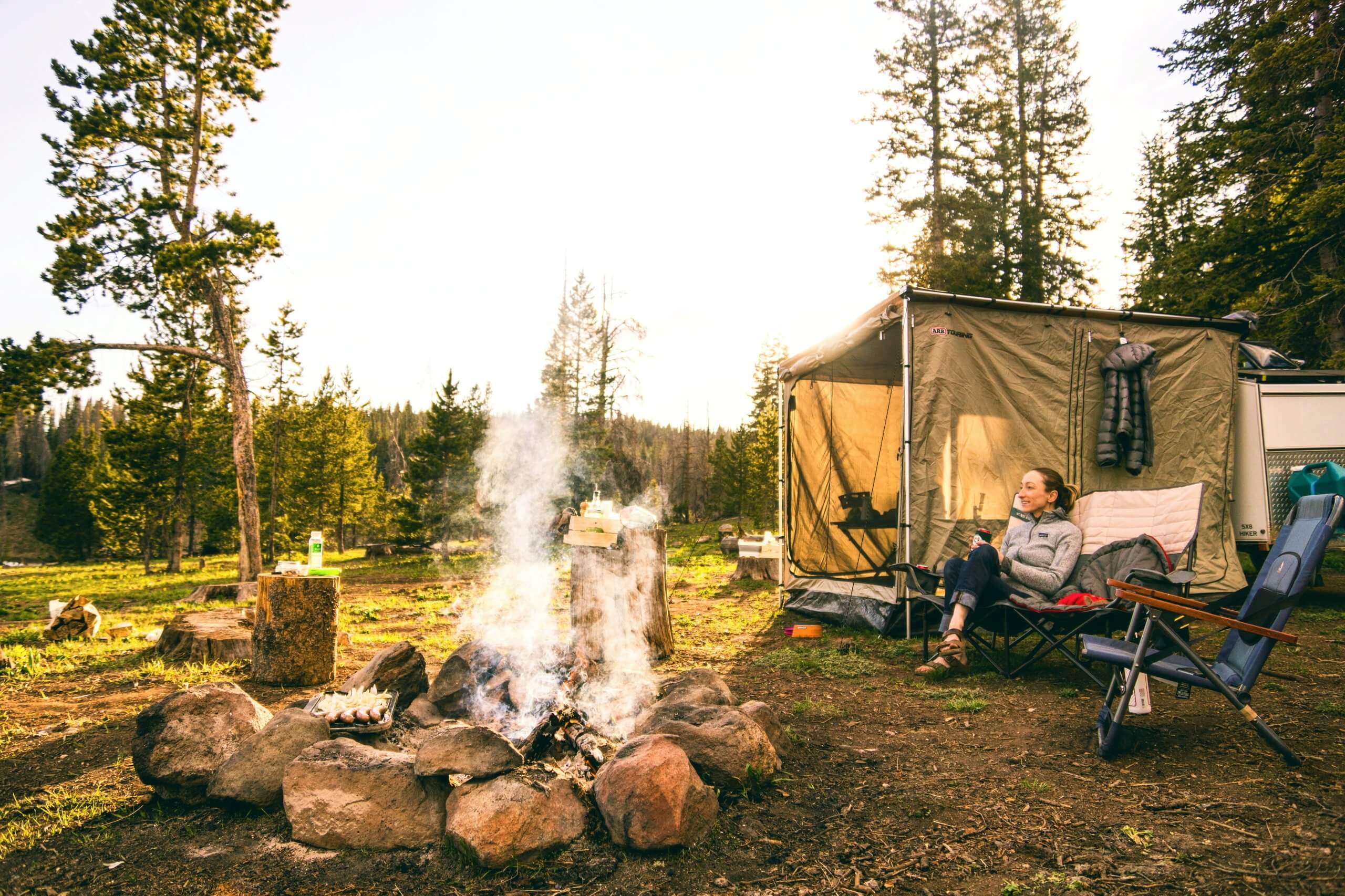Camping provides an invigorating blend of serenity and adventure for nature enthusiasts looking to escape the urban bustle. However, this idyllic experience may occasionally be marred by bugs such as mosquitoes or unexpected rainfall. Although these challenges might be bothersome, an experienced camper equipped with enough knowledge can effectively manage and prevent these nuisances . Keep on reading to make sure your outdoor adventure remains memorable for all the right reasons.
Mosquitoes and Other Bugs
Understanding the Threat
Mosquitoes, ticks and flies pose more than mere irritation. They can become a serious health threat. Mosquitoes may carry malaria and Zika; ticks carry Lyme disease; flies could contaminate food sources with parasitic infections that lead to intestinal illnesses.
Prevention
If you’ve been yearning for a camping trip but academic commitments seem overwhelming, remember you can always find Essaypro and create more time to commune with nature. Once at your camping spot, choosing an optimal campsite is key. Stay away from stagnant water or overly damp areas which attract pests. Wear light-colored clothing to make sure bugs are easier to spot. Long sleeves and pants will help reduce exposure.
Repellents and Barriers
You have several choices available to effectively repel bugs. Go for chemical repellents with ingredients like DEET or picaridin. If you want a natural solution, try lemon eucalyptus oil or lavender. Furthermore, physical barriers like bug nets or clothing treated with permethrin will keep pests at bay.
After-care
If bitten or stung by an insect, it’s important to act quickly in order to avoid infections or complications. Clean the site, apply antiseptic, and monitor for unusual reactions. If any reaction appears, immediately seek medical assistance. Also after any outdoor adventure it is wise to check for ticks which could latch onto skin.
Rain and Wet Conditions
Preparation
Rain can really ruin the mood on any camping trip if you come unprepared. Always consult weather forecasts prior to leaving home in order to anticipate wet conditions, and plan ahead when packing. Use waterproof bags to protect belongings, carry extra tarps that can act as tents or covers.
Setting up Camp
With the upcoming rain, always carefully consider your location. Aim for higher terrains so as to prevent any water pooling around your tent. Use a ground tarp beneath to make sure no water seeps from the wet ground.
Activities During Rain
Rain doesn’t mean the fun has to end. Find indoor games, storytelling or simply the rhythmic sound of raindrops hitting your tent roof entertaining and engaging. Though remember, safety should come first: stay out of areas susceptible to lightning strikes and never venture near flooded zones.
Post-Rain Management
Once the skies clear, it’s crucial to dry out wet gear quickly in order to prevent mold growth and maintain equipment longevity. If the ground remains damp after rain storms have subsided, an extra tarp or inflatable mattress could provide comforting nights of restful rest despite what’s been happening outside.
Noisy Camp Neighbors
Proactive Steps
No one wants their rest to be ruined by noisy neighbors. When researching a place to camp, it’s best to look up campgrounds that are known for being peaceful. The best dissertation writing service may help free up time for this kind of careful preparation. Once you’ve selected a spot, create a buffer zone or install a privacy screen as a visual and auditory barrier – providing even greater peace and serenity!
Communication
If noise continues to be an issue, take a diplomatic approach by engaging with your neighbors directly on this matter. Most are often unaware of how disturbing their actions may be and will make an effort to reduce noise disturbance. Also familiarize yourself with your campground’s quiet hours and policies so as to facilitate discussions and ensure everyone abides by the community rules.
Personal Solutions
If the noise persists, personal solutions can provide relief. Earplugs will help remove some external sounds while white noise apps provide a constant soundscape that masks disturbances. If noise remains unbearable, consider relocating.
https://unsplash.com/photos/gcCcIy6Fc_M
Wildlife Encounters
Understanding Common Camp Wildlife
The wilderness is alive with wildlife, and campers often share their space with many different creatures. Common examples of wildlife that campers may come across include mischievous raccoons, curious squirrels, and various birds chirping from treetops. Although most are harmless, wild creatures must still be treated with respect and caution.
Food Storage
Wildlife in camp areas have become adept at finding human food, particularly around camp sites. To prevent unwanted animal guests, use bear canisters or lockboxes. They are designed to be tamper-proof against most wildlife species. Always store food outside tents. The smell can attract the animals and may damage both tents and gear as they try to enter.
Safety Protocols
While encounters with larger predators such as bears or mountain lions may be rare, it’s still essential to be prepared. When encountering one, avoid direct eye contact, make yourself appear larger than usual, back away slowly without turning your back, never play dead, never run or flee from an encounter. Learn to understand signs of animal presence such as tracks, droppings or disturbed vegetation. Staying informed while respecting wildlife from a distance ensures a safer camping experience.
Conclusion
Camping’s allure lies in its promise of an immersive nature experience, offering us a brief reprieve from daily routines. Like any adventure, however, camping presents its own set of challenges.
These may range from pesky bugs and unpredictable weather, noisy neighbors to wildlife encounters. With adequate awareness and preparation these problems can be effectively managed. The key to an unforgettable camping trip isn’t the absence of problems but knowing how to address them gracefully.
With this knowledge in your arsenal your next camping trip will be as be relaxing as ever! So grab your bags, equip yourself with insights, and make plans to embrace nature on an epic camping adventure!

